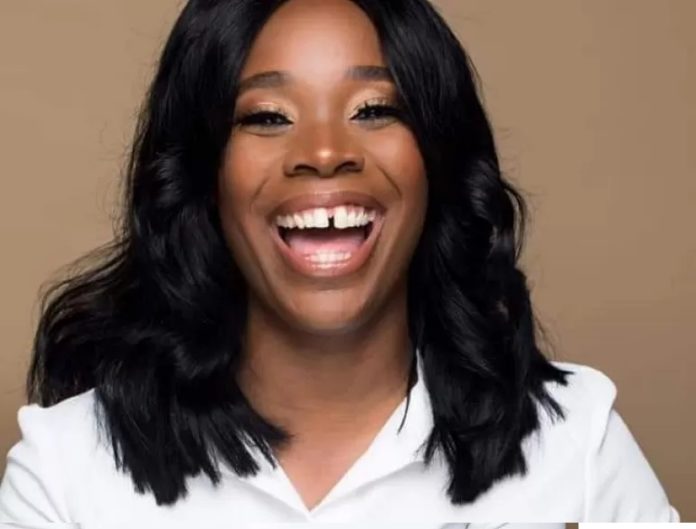May was Mental Health Awareness month. As it draws to a conclusion, we wanted to take a moment to highlight a Delaware Millennial making great strides in making Mental Health Care more accessible for minorities in the state. Crysta Harris wears many crowns. She is a wife, mother, adjunct instructor, entrepreneur, and licensed professional counselor of Mental Health in the state of Delaware. She obtained her Bachelor of Science Degree in Psychology from Delaware State University. She also graduated with a Master’s of Science Degree in Counseling Psychology from Loyola University Maryland.
Crysta’s positive impact in her community and with her clients has gained her many accolades amongst her colleagues and clients. Most recently she launched The Black and Brown Delaware Therapist (BBDT) Directory. It is the first directory that was created to highlight skilled, competent, professional Black, and Latinx mental health providers in the State of Delaware.  As busy as she is, Crysta took the time to answer a few questions. It was great getting to know more about this phenomenal woman.
How long have you been a therapist & what led you to that field?
I have been a therapist for 6 years. What influenced my decision to be a therapist is the trauma I endured as a child. I wanted to be the person that I needed growing up. That is why I focus on trauma, breaking our generational patterns and attachment issues.
What do you find the most challenging?
The most challenging aspect of being a therapist is leaving enough mental and emotional space for your loved ones.
There’s always been such a strong stigma about mental health in the Black community. Do you think there’s been any progress made in that area over the recent years?
I think now there have been great strides in the Black community. Mental health is being discussed more in pop culture, more athletes, entertainers, and famous people are discussing it, which helps decrease some of the stigmas. Do I think there are still stereotypes around mental health, absolutely. But, it has gotten better.
What are some things people should keep in mind or ask themselves when trying to find the right therapist?
You want to keep in mind or ask:
1. Do you accept insurance? Do you have a sliding scale? How much do you charge per session?
2. How long have they been practicing?
3. What license(s) and certifications do they have?
4. What is their area of expertise? Have they had patients with challenges similar to yours?
Do you think the lack of diversity in the field makes it more difficult for people to reach out for help?
Absolutely. Black and Brown providers make up for a small percentage of providers. Some people like to see therapists who look like them because it helps them feel more at ease. They feel they will be understood and validated. They feel that the person sitting across from them will SEE them, all of them!
Your new directory makes it easier for people to find therapists who look like them. What was your main catalyst for creating the directory?
I created the Black Brown Mental Health Directory because I saw people struggling to find a therapist, a therapist that looks like them, Black males, etc. I saw a problem and wanted to provide a solution to help people find a provider in an easy manner.
Were there any roadblocks you faced while getting this venture off the grown?
I think my issues with getting this venture off the ground has been finding people to execute the vision and getting the entire state to view this as a resource.
In addition to being a mental health therapist and the creator of the BBDT Directory.
I also create merchandise that highlights mental health. Another area I focus on is hosting a virtual “What’s the 411 on Black Mental Health†summit. My goal is to create and host a Conference on a grand scale that focuses on Black & Brown people.
What’s the best way for someone to contact you if they want to be in the directory or keep up with all the great things you’re up to?
I can be reached via email at
tory



